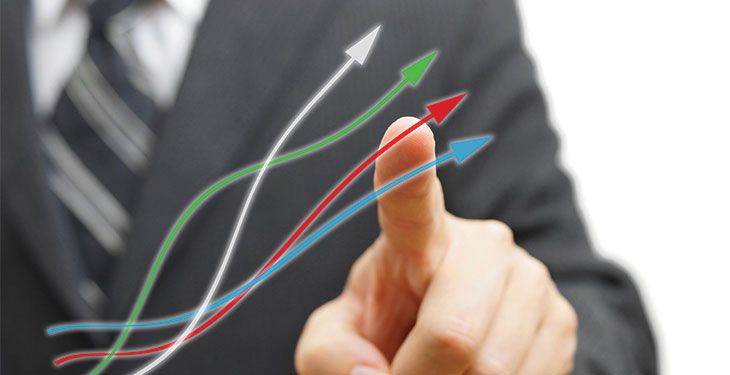The next winter could be one of the most difficult in recent generations, the European commissioner for the economy Paolo Gentiloni warned on Wednesday, AFP informs.
“Several red flags are showing. Energy prices have reached new records, inflation has continued to rise and confidence in the economy is deteriorating. And the war started by Russia continues,” Paolo Gentiloni said at a conference organized by the think tank Bruegel in Brussels.
The price of natural gas at the end of August was 15 times higher than it was before the Covid-19 pandemic and almost doubled compared to the level at which it was in July, when the European Commission published its latest economic forecasts, Gentiloni pointed out. , according to Agerpres.
The European executive informed on July 14 that it is betting, for the euro zone, on an increase in the Gross Domestic Product of 2.6% in 2022 and an advance of 1.4% in 2023. These figures have already been revised down compared to with the Commission’s previous forecasts, which counted on an increase of 2.7% in 2022, respectively 2.3% in 2023.
“Economic prospects depend essentially on the evolution of the energy markets, they will degrade significantly compared to our base scenario in the event of a complete interruption of the supply of Russian natural gas,” warned the Commissioner for Economy.
In parallel, financing conditions are tightening both in Europe and worldwide. The euro fell below parity with the dollar for the first time in the last 20 years, and developments in the US and China demonstrate that foreign demand will remain low, added the European commissioner.
“However, everything is not so gloomy,” announced Paolo Gentiloni referring to the fact that in the first half of the year the European economy recorded results above expectations.
In this regard, Eurostat on Wednesday revised upwards the figures regarding the advance recorded by the euro zone economy in the first and second quarters, up to 0.7% and 0.8%, respectively.
“The labor market is a performing one. The employment rate in the EU continued to increase in the second quarter (with an advance of 0.4%). The unemployment rate continued to decrease and in July it reached a historic low of 6%,” said Paolo Gentiloni. “Disruptions to supply chains are easing, the degree of congestion at US and Chinese ports has eased considerably. These developments will help reduce inflationary pressures, so inflation may have already peaked,” the official added.
